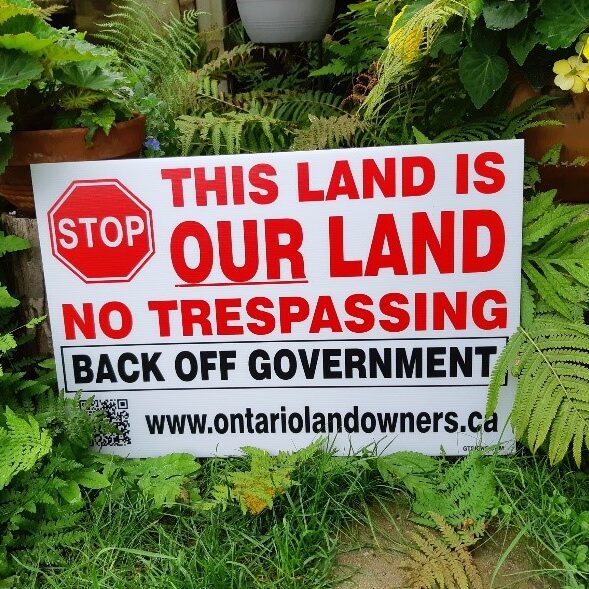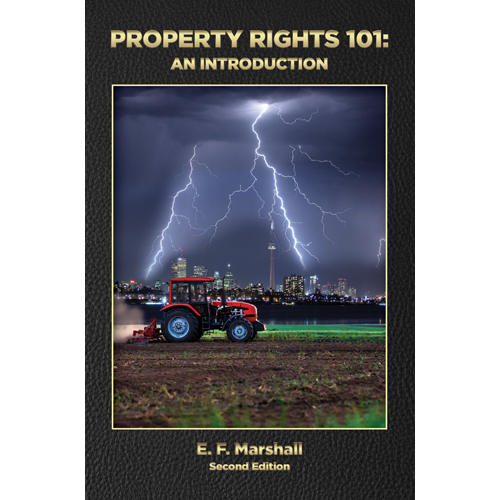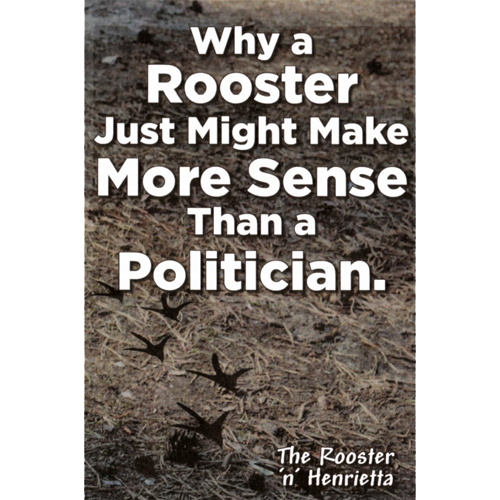Report from Mark Breckon on Ottawa River Watershed Study
- 2019-03-01
- By admin
- Posted in Latest News
In 2017, a motion (M-104) to create an Ottawa River Watershed Report which would bring a comprehensive, inclusive, co-management approach to the Ottawa River Watershed, was agreed to by the Federal Government. This initiative on the quality of the water for fishing, swimming and drinking was and is largely driven for the last 17 years by the Ottawa Riverkeeper, a non-profit organization. Environment and Climate Change Canada (ECCC) as per M-104 has now taken a lead role in setting the direction of this initiative. In June 2018, Mark Breckon, a member of the North Renfrew United Landowners was appointed by President, Tom Black to represent the OLA on this study.
Since that time, Mark has submitted two reports about his progress.
Mark reports: “in my first report, I spoke to providing a written response to the Ministry of the Environment and Climate Change Canada (ECCC) via a portal called Place Speak. https://www.placespeak.com/en/topic/5492-ottawa-river-watershed-study/ At the time I also said I had established a contact within the Ottawa Riverkeeper organization that I was following up on.
Now to the second report. Ottawa Riverkeeper hosted a get together on November 30, 2018 in Ottawa. We did get a seat at the meeting along with some 50 other groups involved with the quality of the water in the River. The objectives were to document all the initiatives currently ongoing in the Watershed by various groups and move towards collecting all in an “information HUB” section within the Keepers website. This section should be up and running in the winter/ spring of 2019.
In the interim, the draft report from ECCC was posted on their website for comments (now closed). See https://www.placespeak.com/en/topic/5492-ottawa-river-watershed-study/ (To see the report, scroll down to the bottom of the page and click on the Additional Resources arrow). It is expected that the final report as noted in the motion (M-104) will be published in about one year from now. It is a long read, so you might want to view the executive summary to get a flavour of where this is headed. The value of the indigenous groups contribution to the initiative cannot be stressed enough. The Ottawa Valley section of the Watershed is unceded territory of the Algonquins First Nations. The draft report recognizes the value of the First Nations women who are the keepers of the water, the elders for their historical wisdom and the youth to inherit this initiative. The Draft report goes on at length to recognize the need to engage the First Nations to play a key role. The focus is on the feasibility of an Ottawa River Watershed Council that is still to be fleshed out. I was able to establish two contacts within ECCC that may give us an inside track to the ongoing Federal Ministry work on this initiative.
The Riverkeeper and ECCC are running two unique separate paths on this initiative which are very related however independent of each other at this point.
As an organization, we will not have a lot to contribute to the Riverkeepers as they are focusing on action items already in progress. I believe at this point that our energy should be with the ECCC while staying a breast of the Riverkeeper work. I am sending an email to the new contacts within ECCC to see if we can get a “seat at the table” to influence the “tone” of their deliberations on the governance of the Watershed.
That’s it for now – a huge, slow, bureaucratic process that has far reaching impact potentially on our property rights.”
Mark also did a presentation on the initiative at the January 17 meeting of the Renfrew County Private Landowners Association which was covered by the Eganville Leader. Mark is quoted as saying that “concerned parties and politicians believe that Conservation Authorities are not the answer here, that they don’t want it and they see it as being too obtrusive and too governing,” he stressed. “They want a collaborative-type approach where they bring together people, but there’s no one who has authority, other than the document that drives things. So that’s really good news,” he added. “If I read all the language and between the lines, it certainly looks that’s the direction they’re going in.”
Good news indeed.
Search:
Categories
Archives
- April 2024
- January 2024
- December 2023
- November 2023
- August 2023
- July 2023
- June 2023
- May 2023
- April 2023
- March 2023
- February 2023
- January 2023
- December 2022
- November 2022
- October 2022
- September 2022
- August 2022
- July 2022
- June 2022
- May 2022
- April 2022
- March 2022
- February 2022
- January 2022
- December 2021
- November 2021
- October 2021
- September 2021
- August 2021
- July 2021
- June 2021
- May 2021
- April 2021
- March 2021
- February 2021
- January 2021
- December 2020
- November 2020
- October 2020
- September 2020
- August 2020
- July 2020
- June 2020
- May 2020
- April 2020
- March 2020
- February 2020
- January 2020
- December 2019
- November 2019
- October 2019
- September 2019
- August 2019
- July 2019
- June 2019
- May 2019
- April 2019
- March 2019
- February 2019
- January 2019
- December 2018
- November 2018
- October 2018
- September 2018
- August 2018
- July 2018
- June 2018
- May 2018
- April 2018
- March 2018
- February 2018
- January 2018
- December 2017
- November 2017
- October 2017
- September 2017
- August 2017
- July 2017
- June 2017
- May 2017
- April 2017
- March 2017
- February 2017
- January 2017
- December 2016
- November 2016
- October 2016
- September 2016
- August 2016
- July 2016
- June 2016
- May 2016
- April 2016
- March 2016
- February 2016
- January 2016
- December 2015
- November 2015
- October 2015
- September 2015
- August 2015
- July 2015
- June 2015
- May 2015
- April 2015
- March 2015
- February 2015
- January 2015
- December 2014
- November 2014
- October 2014
- September 2014
- August 2014
- July 2014
- June 2014
- May 2014
- April 2014
- March 2014
- February 2014
- January 2014
- December 2013
- November 2013
- October 2013
- September 2013
- August 2013
- June 2013
- April 2013
- October 2012
- May 2012
- September 2011



